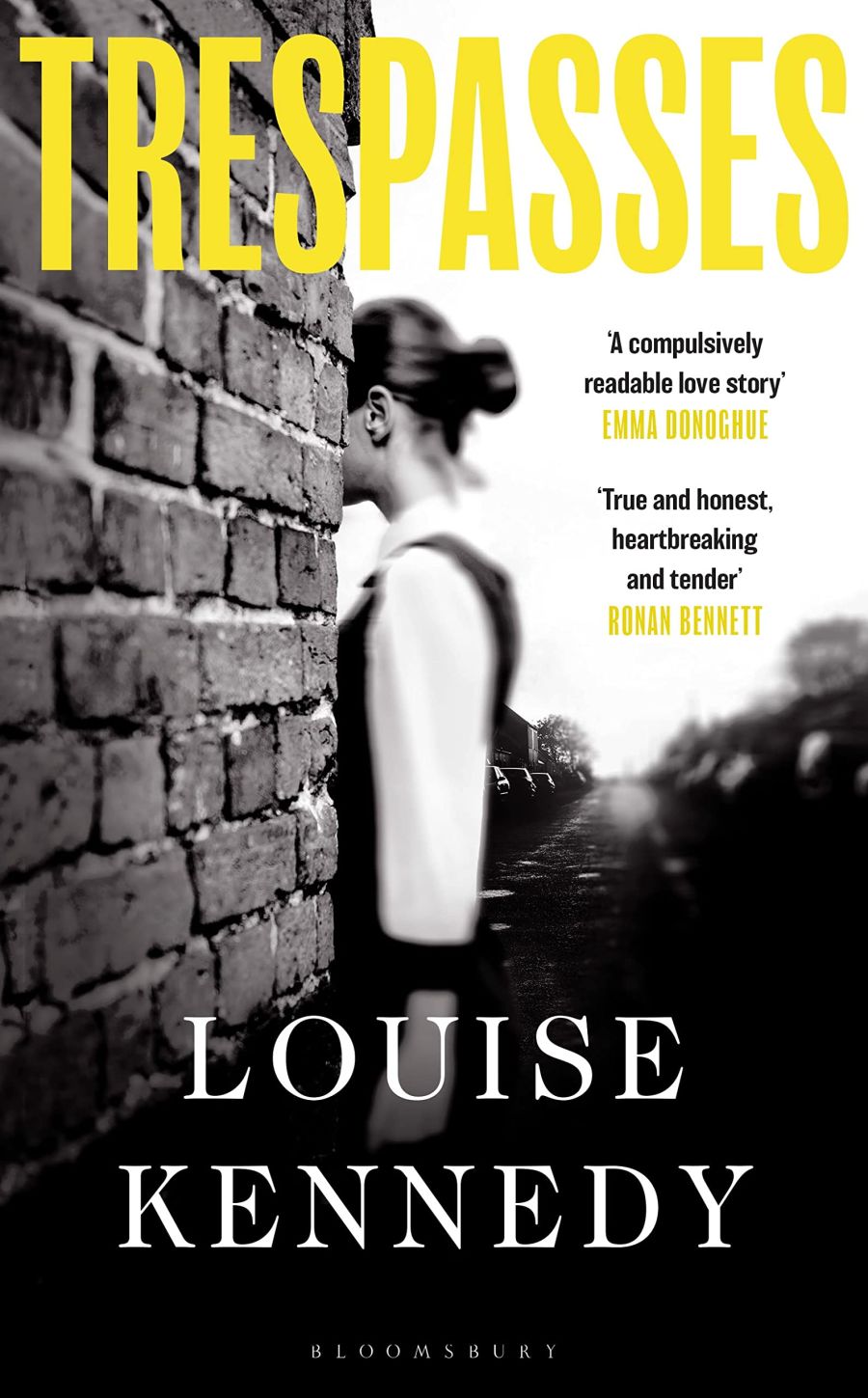Trespasses, Louise Kennedy

August 2023
Trespasses is fully as brilliant and terrible as I’d been expecting. It is set in Derry during the Troubles, in the early 1970s, where a young teacher, Cushla, is trying her best to teach her class of seven-year-olds exposed to awful violence both within their Catholic school and on the mostly Protestant streets outside. At home, she is as managing her alcoholic mother and helping her brother to keep their family pub in business - not that many people will drink there.
Cushla is wise beyond her years, and does what she can to look out for the children who need her most, one family in particular. When she meets an older Protestant barrister, Michael, we get closer to some of the politics and brutality of the time.
Trespasses has justly won Louise Kennedy a number of prizes, from the Book Awards Debut of the Year to a Women’s Prize shortlisting. I know Irish literature is said to be having a thing at the moment, after another Irish writer, Paul Lynch, won the Booker last week for Prophet Song. Do the terrible subjects help great literature? I really don’t know. They do matter, but any human story, that chimes with the humanity in readers, matters.
What I do know is that Trespasses is much more than the important story it tells. Kennedy’s use of language is deeply skilled; you can tell she has been practising for years, and perhaps it’s her previous form with short stories that makes Trespasses, a relatively slim novel, seem so weighty. And in the end, I’m afraid (slight spoiler here), the personal story is as devastating as its political context; in fact the personal story is the political context. No-one escapes, do they - even the living.
It can be easier, when the world is so bleak, to turn away from tough stories like this, but I think anyone would feel enriched by reading Trespasses, whatever state of mind you arrive at it in.
Buy someone you love and who loves reading a copy this Christmas (Bloomsbury, £8.99)